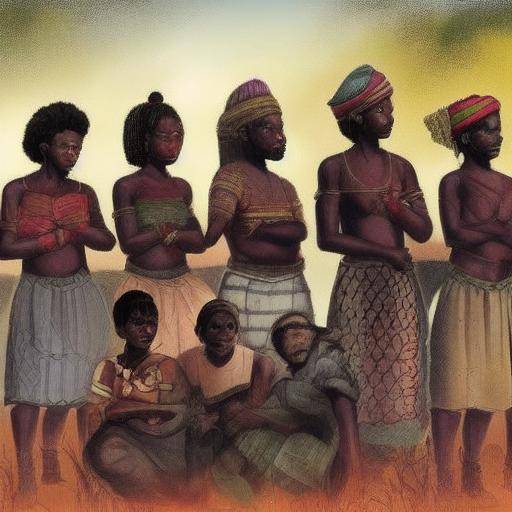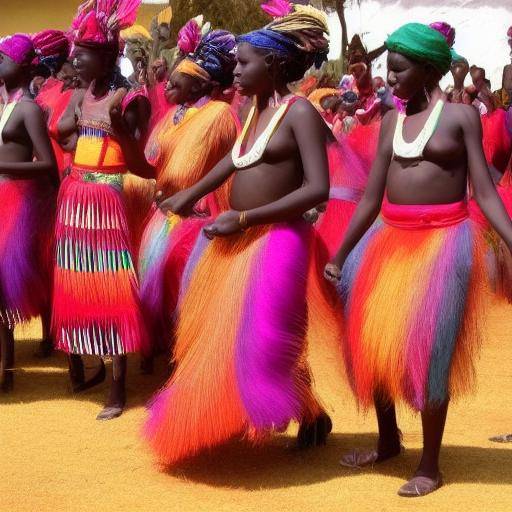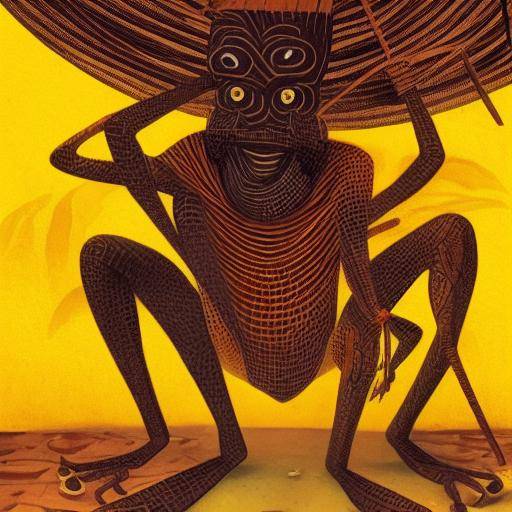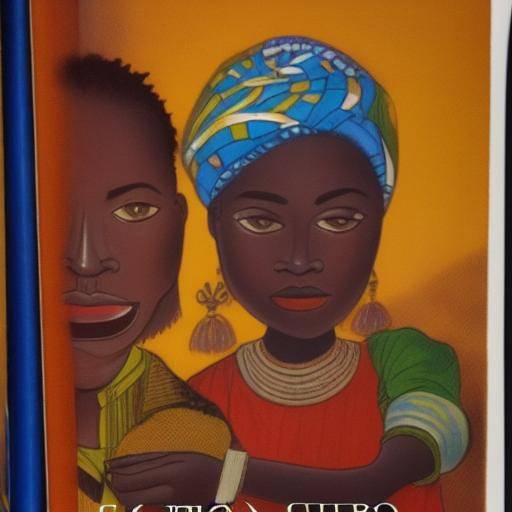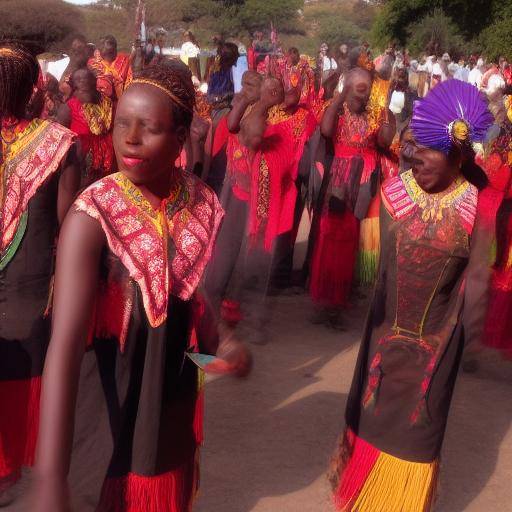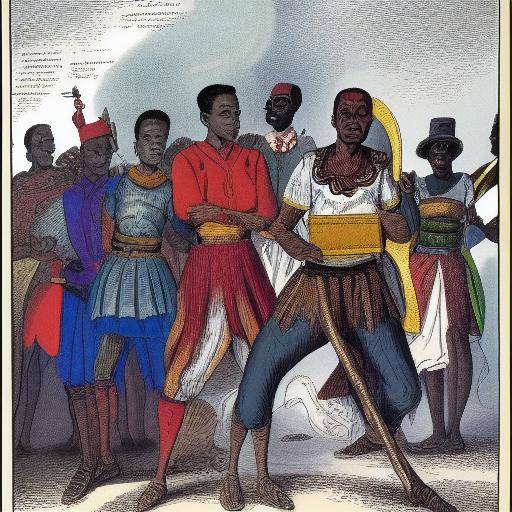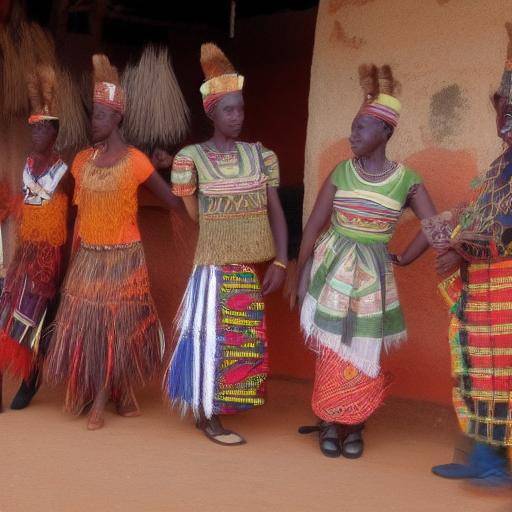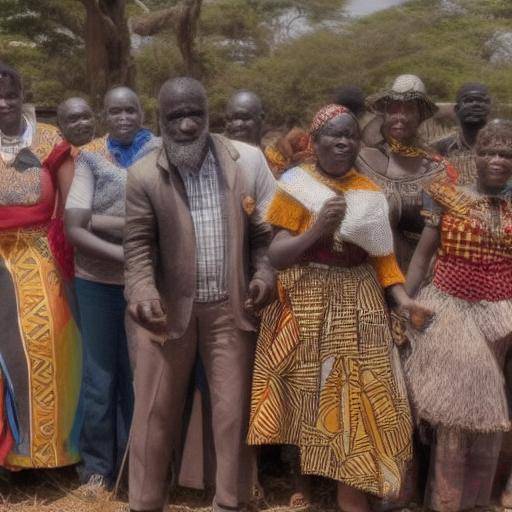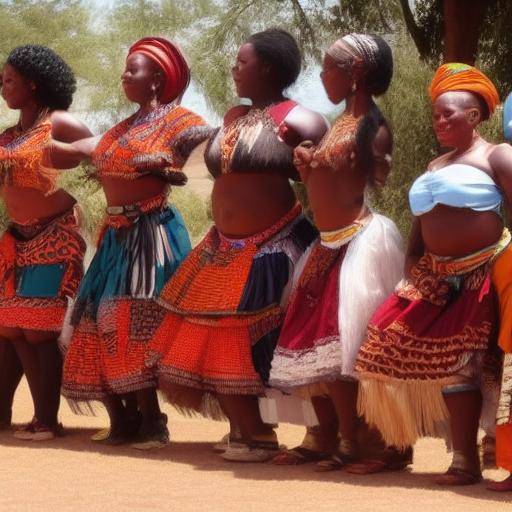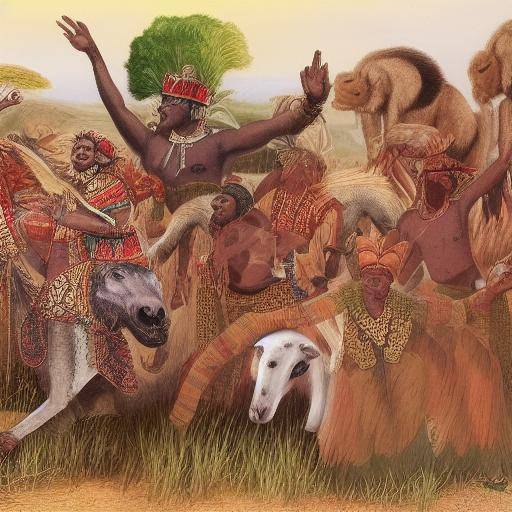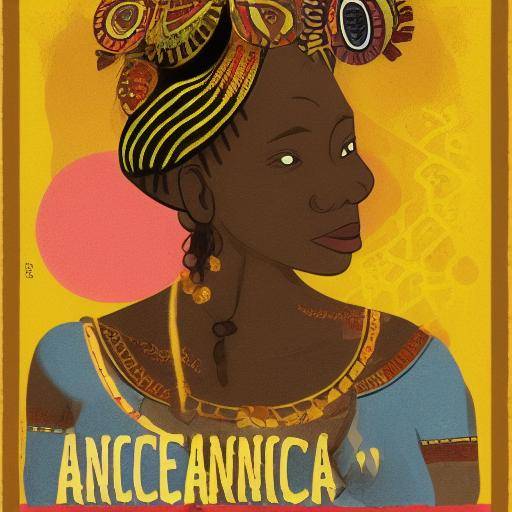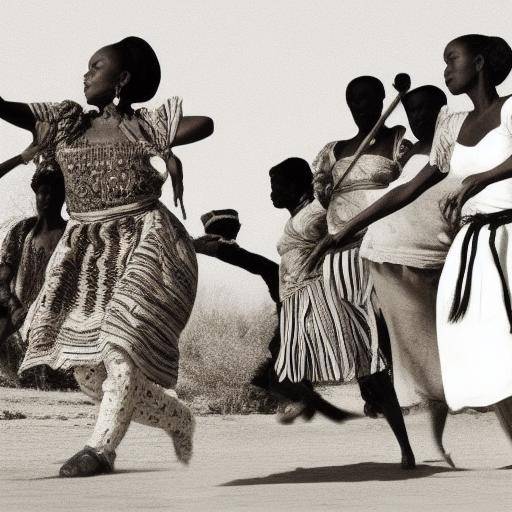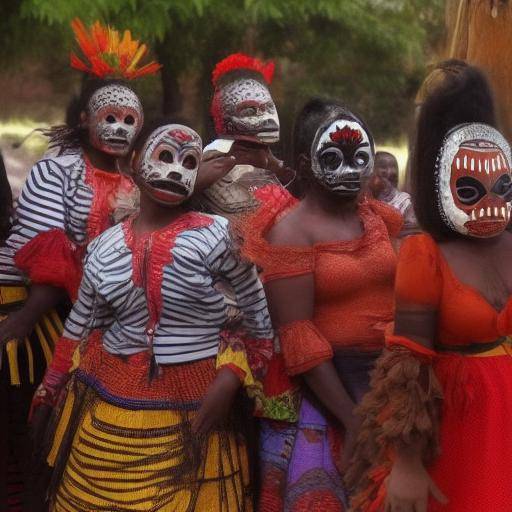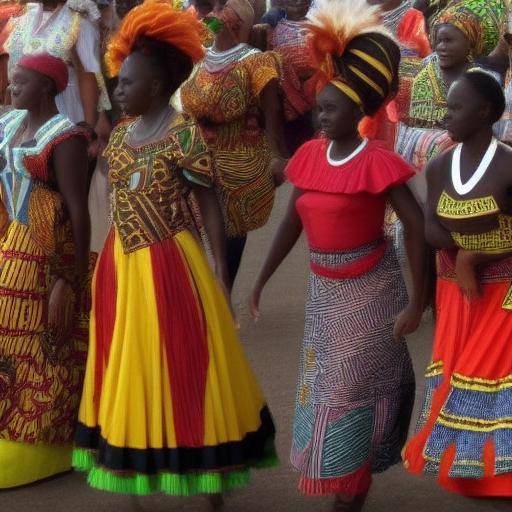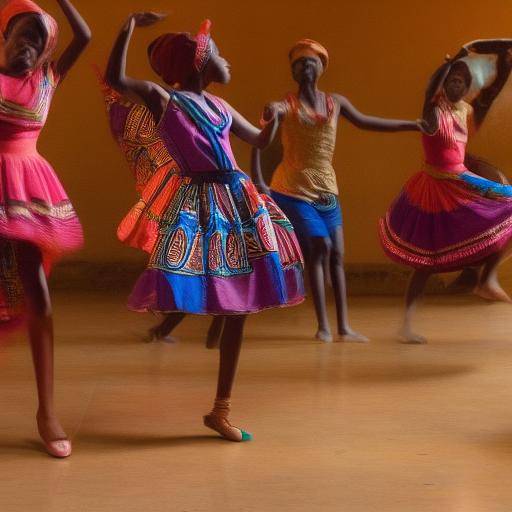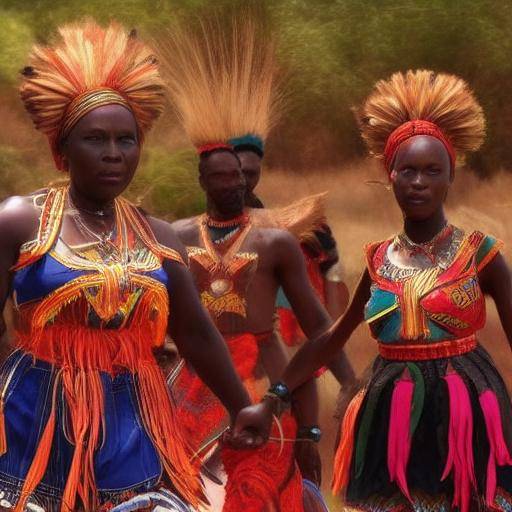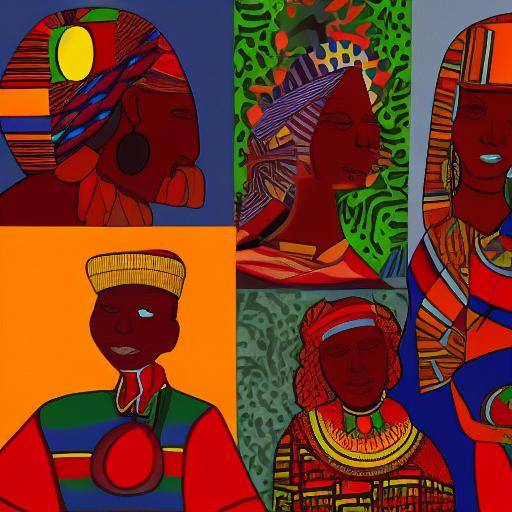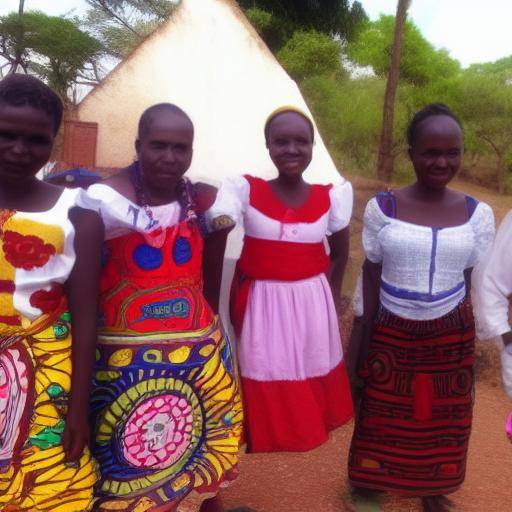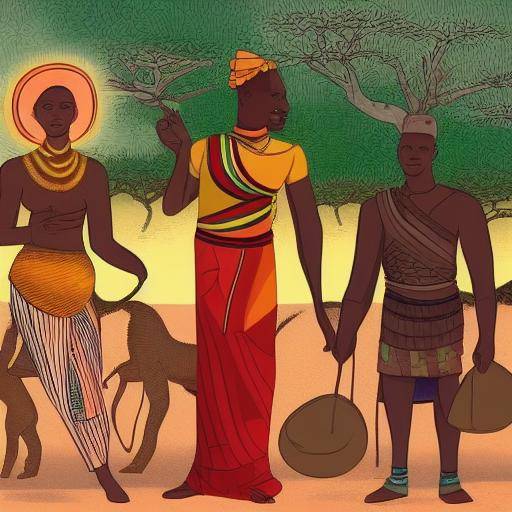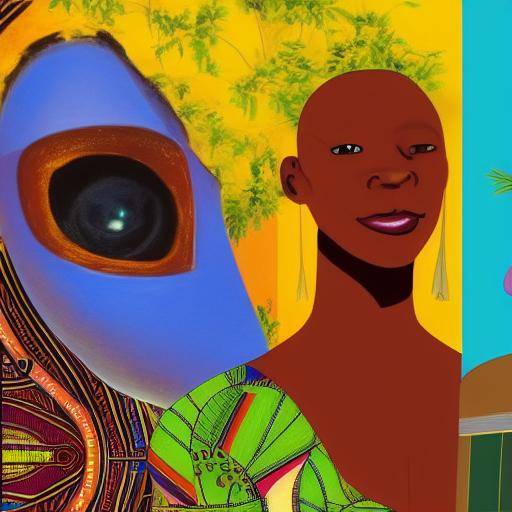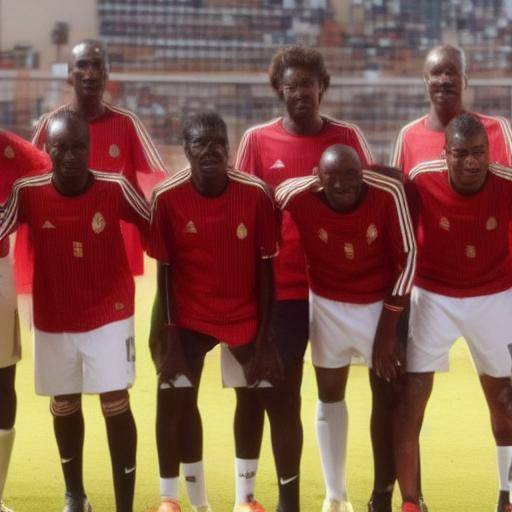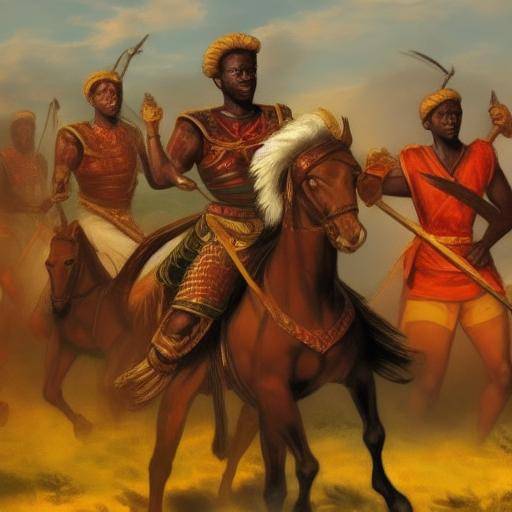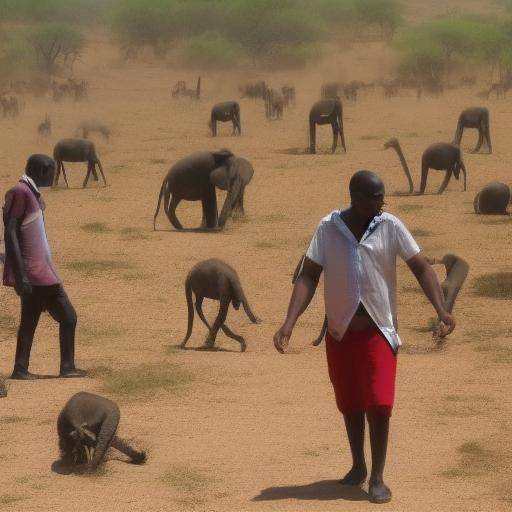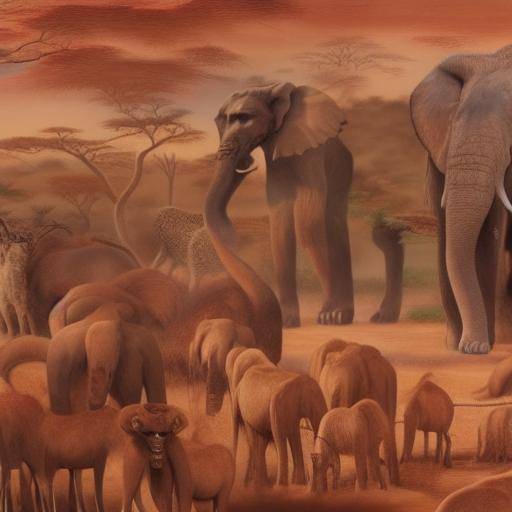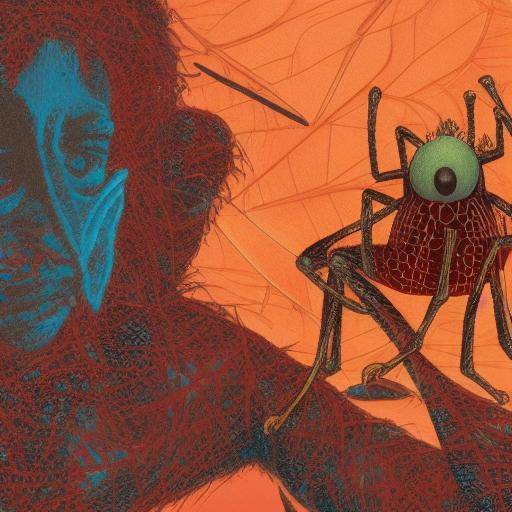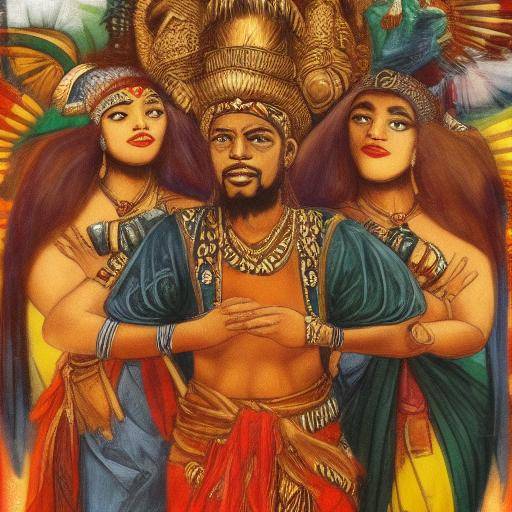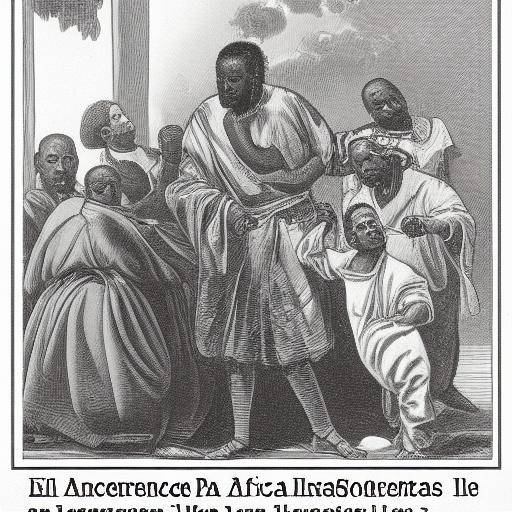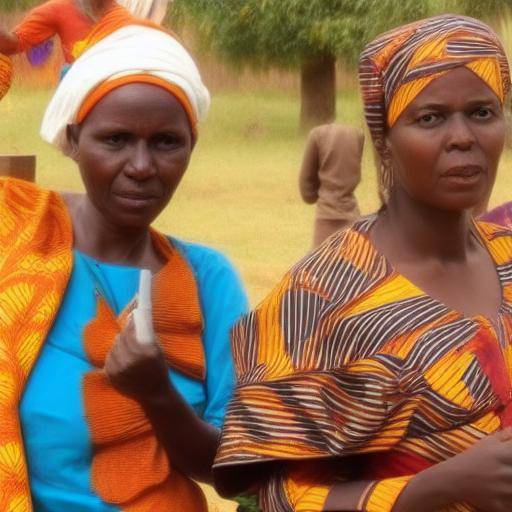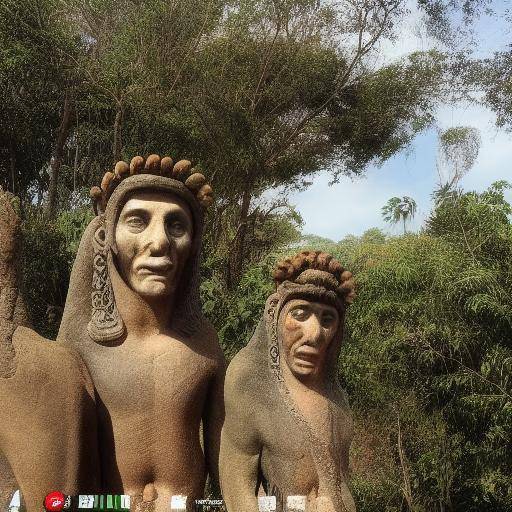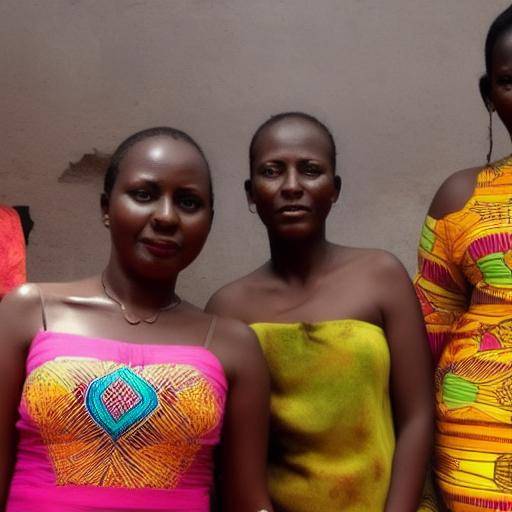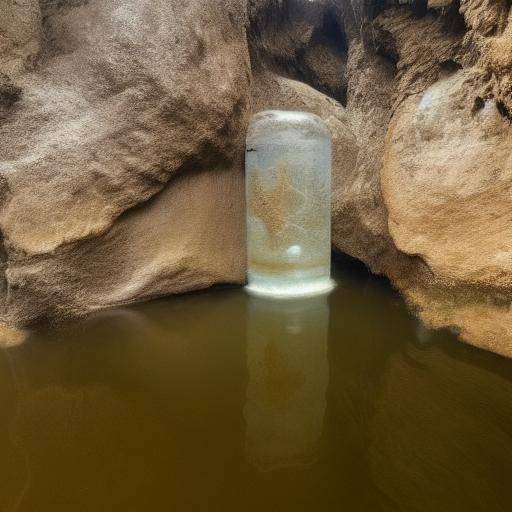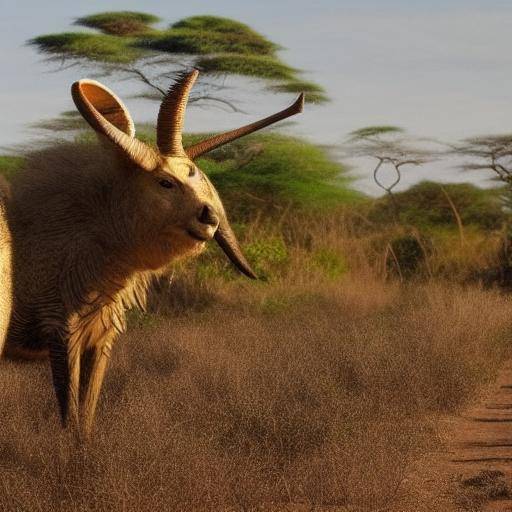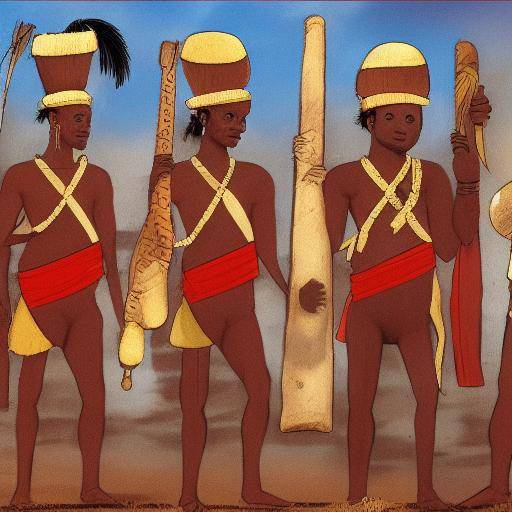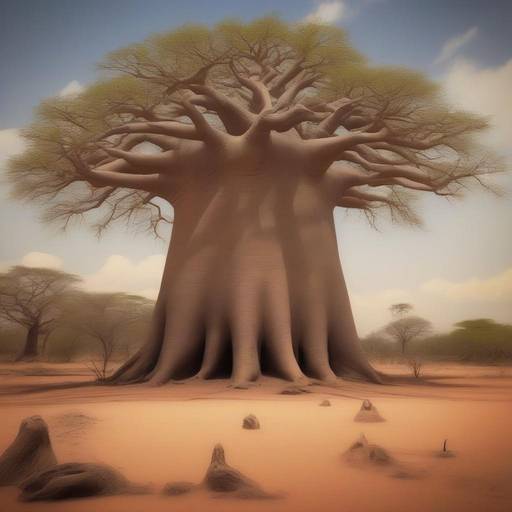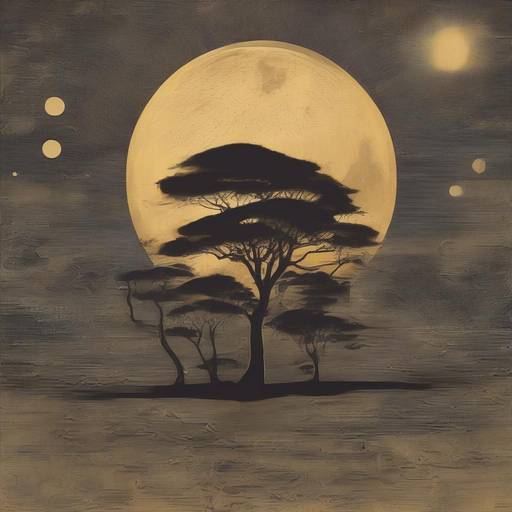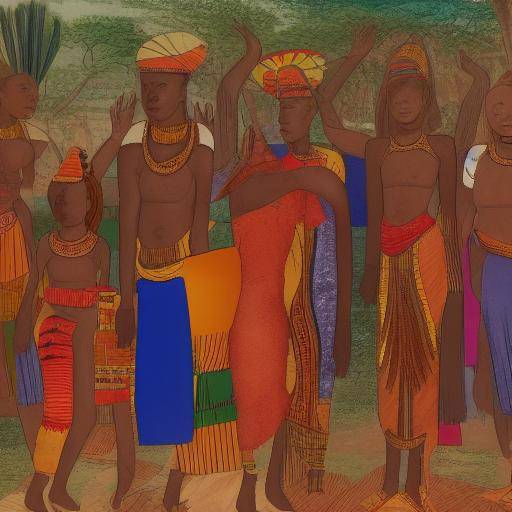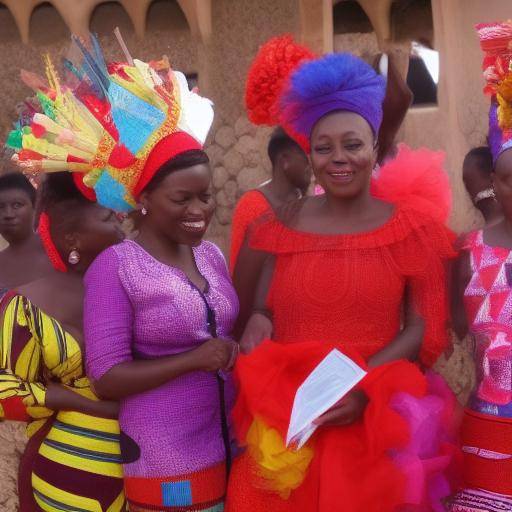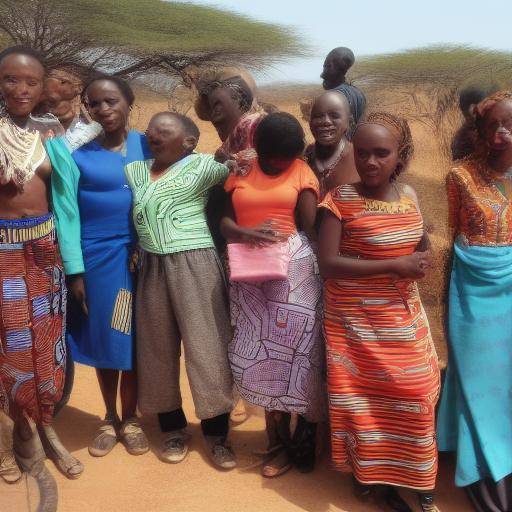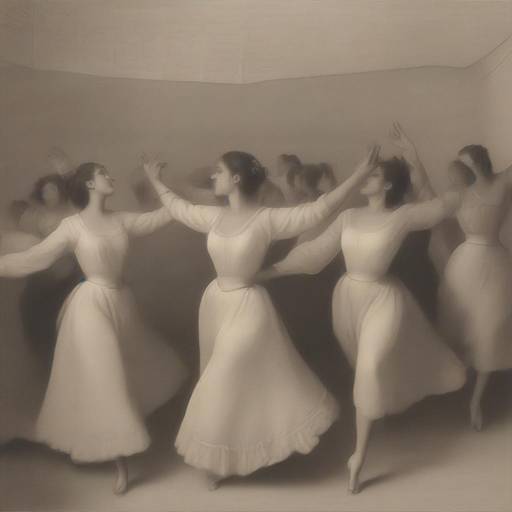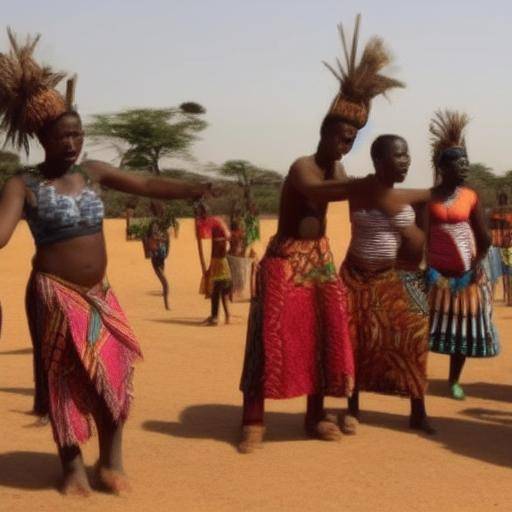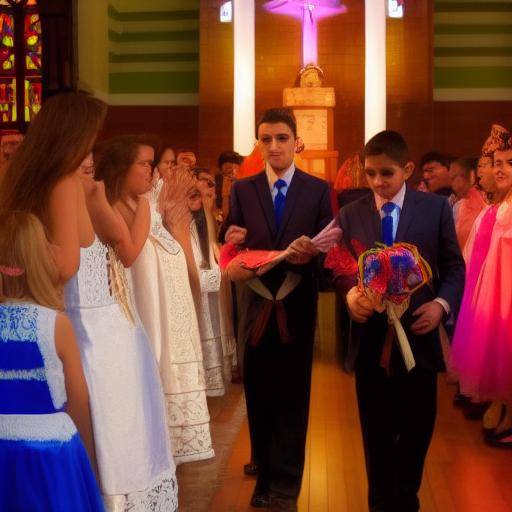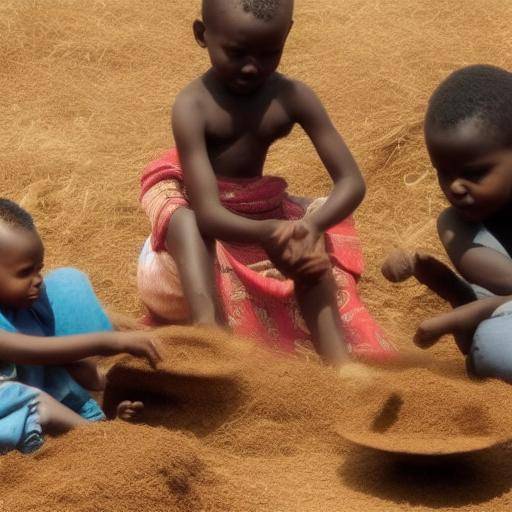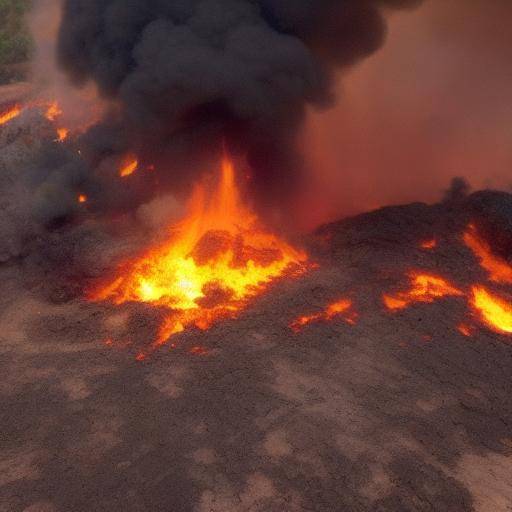
Since ancient times, African cultures have maintained ancestral traditions that have forged in their individuals values, knowledge and skills that allow them to face the challenges of life. Among these, the rite of passage of the Masai is a fascinating compendium of initiation, where young people assume the transition from childhood to adulthood, becoming warriors capable of protecting and preserving their culture. In this article, we will explore the history, meaning and rituals behind this transition, as well as its connection to the ancestral symbolism of lions in the Masai culture.
Introduction
The African continent has historically been a crucible of cultures rich in ancient traditions that have transcended time, shaping the identities of its peoples. The Masai Pass Rite, in particular, is a treasure of knowledge and symbolism that deserves to be explored in depth. In this article, we will discover the origins of this rite, its historical and cultural relevance, as well as the values it transmits to future generations.
History and Background
The roots of the Masai pass rite go back centuries, when the Masai tribe, originally from East Africa, forged its identity around a close relationship with nature and hunting. This rite marks the transition of young masai from childhood to adulthood, equipping them with the skills necessary to become warriors and productive members of society. During this process, young people are subjected to tests of value, resistance and traditional knowledge, culminating in their recognition as warriors capable of protecting their community.
The Massai Pass Rite is a manifestation of the deep connection of this culture with the land and its resources, as well as a demonstration of its ability to preserve its traditions in a constantly changing world. Throughout history, this process has evolved to adapt to the new realities of modern life, but it maintains its essence and relevance as an invaluable cultural legacy.
Detailed Analysis
The Masai Pass Rite not only marks the transition to adulthood, but also inculcates values such as respect for nature, loyalty to the community and the duty to protect the most vulnerable. These values, transmitted through rituals, ancestral teachings and physical and mental tests, strengthen the social fabric of the Masai community and preserve its identity in a globalized world.
The detailed analysis of the Masai Pass Rite reveals its importance as a vehicle for the transmission of knowledge and the preservation of cultural identity. Through this process, the Masai youth not only acquire practical skills, but also internalize a deep sense of belonging and responsibility towards their community.
Comprehensive review
The Masai Pass Rite has practical applications and universal lessons that transcend cultural boundaries. As the world faces increasingly complex challenges, resilience, collaboration and commitment to the preservation of cultural heritage are values that acquire global relevance. In this way, the comprehensive review of the Massai Pass Rite invites us to reflect on the importance of honoring and preserving our own traditions, while connecting us with the richness and diversity of the world's cultures.
Comparative analysis
By comparing the Masai Pass Rite with other initiation processes in different African cultures, as well as with the rituals of other peoples around the world, we can appreciate the similarities and differences that exist in the way that each society faces the transition to adulthood. This analysis allows us to recognize the universality of certain fundamental human values, as well as the uniqueness and beauty of the unique cultural expressions that enrich our global diversity.
Practical Tips and Accessible Recommendations
While the Masai Pass Rite is a specific tradition of this community, there are universal lessons that we can apply in our own life. The importance of transmitting values to future generations, respect for nature and emotional strength are aspects that can enrich any society. Through practical advice and actionable recommendations, we can integrate these teachings into our personal and collective context to nurture our communities and preserve our cultural heritages.
Industry Perspectives and Expert Reviews
The importance of assessing and preserving cultural traditions becomes more relevant in a globalized world that often tends to homogenize identities. Experts on ethnology, anthropology and cultural preservation offer valuable insights that underline the importance of protecting and promoting the diversity of cultural expressions, thus enriching the global social fabric.
Case Studies and Real Life Applications
Case studies that illustrate the practical application of the values transmitted through the Massai Pass Rite provide concrete examples of how these teachings impact positively on society. From promoting environmental sustainability to fostering community cohesion, these cases demonstrate the tangible value of preserving cultural traditions and transmitting them to future generations.
Future Trends and Predictions
The preservation of cultural heritage, including the Masai Pass Rite, plays a crucial role in promoting cultural diversity and building more resilient and cohesive societies. Future trends suggest greater global awareness of the importance of protecting and celebrating unique cultural expressions, as well as a renewed interest in applying these knowledge to address contemporary challenges.
Conclusion
The Massai Pass Rite is a living testimony of cultural wealth that defines human societies. By exploring its history, meaning and practical applications, we immerse ourselves in a journey that connects us to the very essence of what it means to be human. This rite is much more than an ancestral tradition; it is a legacy that invites us to reflect on the importance of preserving and value the cultural wealth that defines our humanity.
Frequently asked questions
What is the role of lions in the Masai Pass Rite?
Lions have a central place in the Masai cosmovision, symbolizing strength, courage and connection with nature. In the rite of passage, the symbolic confrontation with a lion represents the courage necessary for the transition to adulthood.
How has the Masai Pass Rite evolved over time?
The Masai Pass Rite has evolved to adapt to sociocultural changes, maintaining its symbolic essence and fundamental values, but incorporating elements that reflect contemporary reality.
What lessons can be learned from Masai initiation and applied in other cultures?
The importance of respect for nature, emotional strength and the sense of community are universal lessons that transcend cultural boundaries and can enrich any society.
What is the impact of the Masai Pass Rite on the community and its cultural preservation?
The Masai Pass Rite plays a crucial role in the transmission of knowledge, values and traditions that strengthen cultural identity and community cohesion, contributing to the preservation of the masai heritage.
How have the Masai initiation ceremonies adapted to the modern era?
The Masai initiation ceremonies have integrated contemporary elements, such as formal education and awareness of the conservation of the environment, while simultaneously maintaining its rich symbolism and traditional meaning.
How does Masai pass rite contribute to global cultural diversity?
The Masai Pass Rite represents an inspiring example of cultural wealth that enriches global diversity, highlighting the importance of preserving the unique traditions that define the identity of each society.
This detailed analysis of the Massai Pass Rite offers an enriching vision of an ancestral tradition that transcends the borders of time and space, inviting us to reflect on the richness and diversity of cultural expressions that enrich our humanity. The preservation and valuation of these traditions not only enrich local communities, but also contribute to global cultural diversity, strengthening the social and human fabric that unites us all.
Concluding, the Masai Pass Rite not only represents an invaluable legacy of an ancestral culture, but also a reminder of the importance of preserving and celebrating cultural diversity that enriches our human experience.


